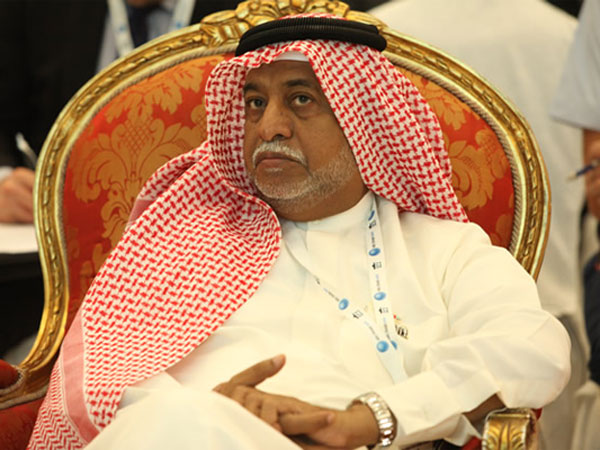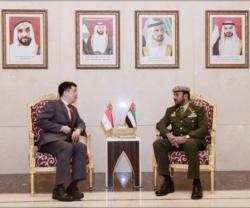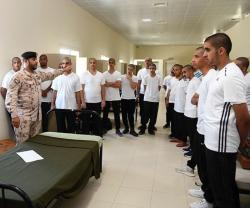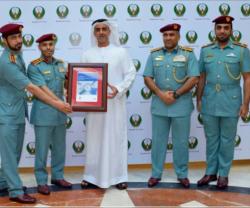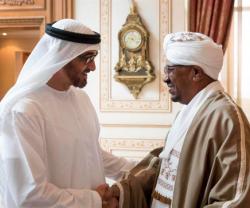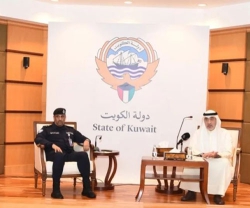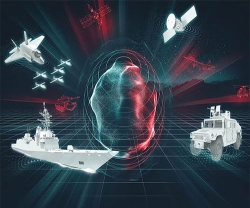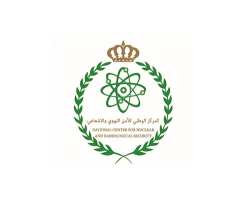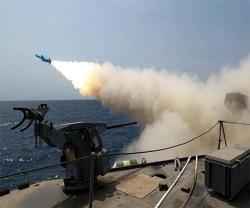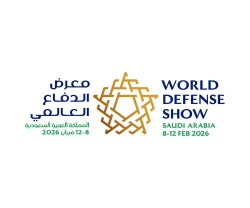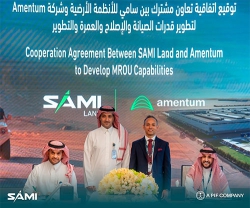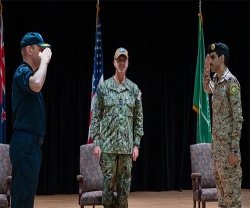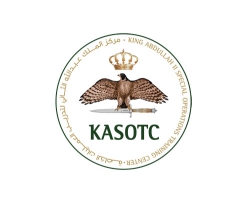His operational assignments include Navigator, Weapon Officer and XO duties on various Missile Craft, Command of Missile Boats in 2nd & 3rd Missile Boat Squadron, Squadron Commander of 1st Squadron and Flotilla Commander. His Staff Appointments include Head of Operations Section, Operations & Training Directorate, Head of Admin Department, Logistics & Admin Directorate, Deputy Director as well as Director of Operations, Training Directorate and Deputy Director of Joint Operations Directorate at the General Head Quarter GHQ and the Deputy Commander of UAE Naval Forces. Finally, he was appointed the Commander of UAE Naval Forces for three years from 18th January 2007 to 1st February 2010.
Ahead of him chairing the Naval MRO conference in Abu Dhabi (3-5 June 2013), Rear Admiral Ahmed Al Sabab spoke with Defence IQ to share some of his insight and discuss some of the key issues he’ll be focusing on.
Could you please briefly outline your time as UAE Chief of Naval Forces and some of the key lessons you learned during your tenure?
Al Teneiji: As Chief of the Navy it was my duty to develop capabilities and bring it to a higher standard. Building up the Armed forces, and the Navy in particular, is a continuous process that is constantly evolving. As Navy Chief it was important for me to impart my experience on my staff and to this end it is vital that you choose the right personnel who can provide you with the best counsel.
In terms of lessons learned I would say that piracy is a disturbing issue – it is detrimental to the sea line of communication and is hampering maritime security. I believe the international community needs to address the issue more; not only by sending more forces to target it head-on but by solving the Somali issues from the roots.
What are the principal challenges for the UAE Naval Forces today and looking forward for the next 5 years?
Al Teneiji: Human resources is a national issue, due to that the UAE Navy has an issue with limited personnel. However, the UAE Navy is developing its force and acquiring different ships to fulfill it requirements. By introducing new system technologies I’m confident that this will have a positive impact on the Navy and go some way to reducing these personnel issues.
Could you expand a little on your views on the role of the UAE Navy in the face of national and regional threats?
Al Teneiji: The UAE Navy strategy follows that of the UAE Armed forces general defence strategy. However, that does not mean that the Navy will not conduct missions outside of UAE waters. The Navy has conducted many different missions and don’t forget we were part of Combined Task Force 152 (CTF-152) during my time as CNF, UAE Navy has commanded this task force which operates in the Arabian Gulf conducting maritime security operations in conjunction with our regional partners.
Which future ship system advances do you think will render MRO projects less preferable to building new vessels?
Al Teneiji: I believe ship building companies and systems integrators have a big responsibility. The technology is advancing very fast, such as missiles, guns, torpedoes and ammunition, and with the world facing economic insecurity it has never been more important for these companies to produce cheap, reliable and easy to maintain vessels and equipment. Compromises must be made but the Navy needs industry and industry needs the Navy. So solutions must be produced and provided.
What are the key issues you’ll be focusing on at the Naval MRO conference? And in return, what are you hoping to get out of the conference?
Al Teneiji: Getting industry and the military to meet and exchange views, share issues and solve problems is the exact point of the Naval MRO conference. We all know that buying new ships is easier than maintaining them - the older they get the more care and attention is required. That’s what we’ll discuss at Naval MRO.

